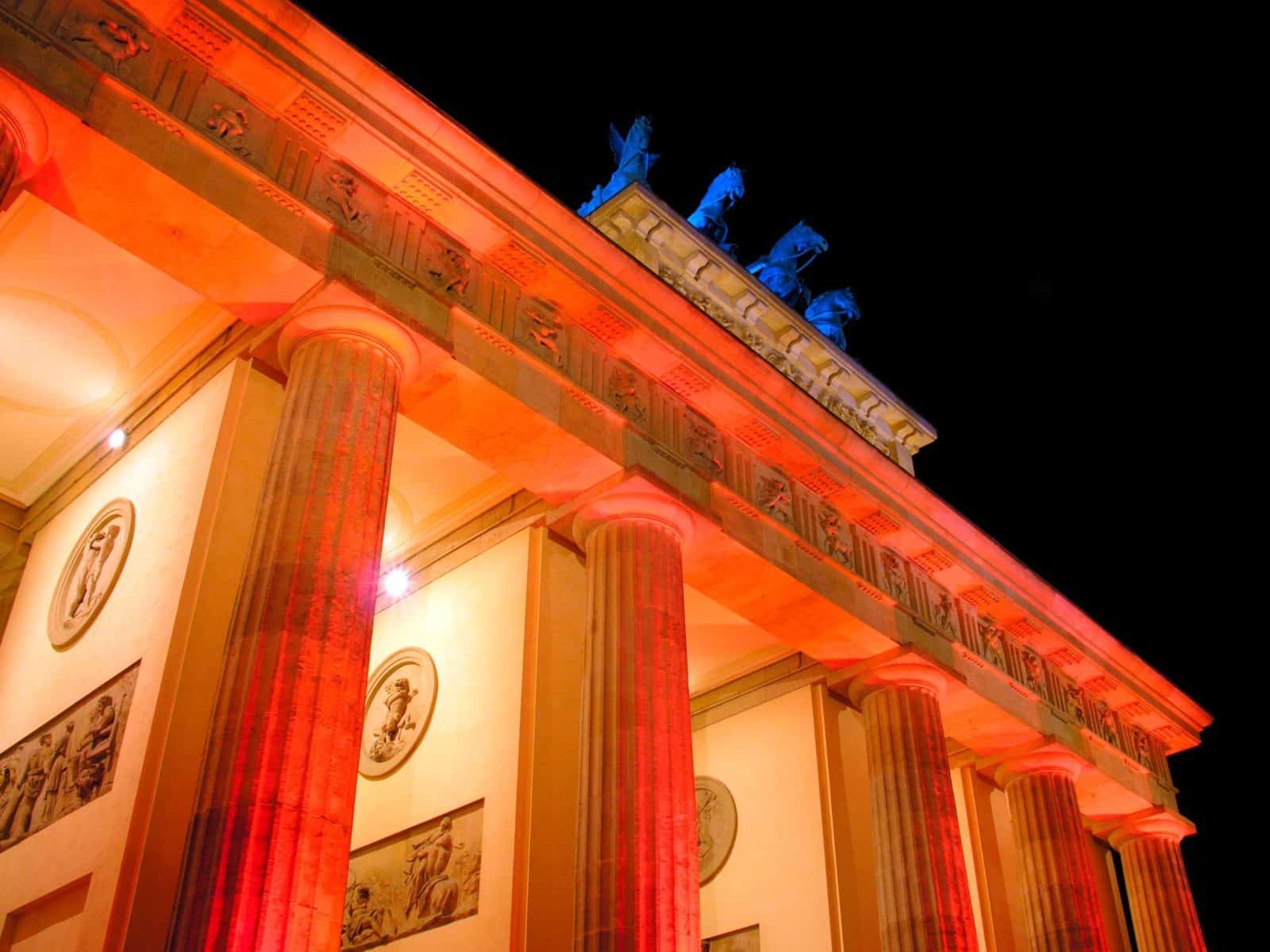Hamburg, Germany – 13 July 2017 –
Union Investment and bulwiengesa have calculated the market volume of investable hotels in Germany again. According to their calculations, the market value of investable hotels in Germany increased by 8.3% to EUR 51 billion between 2015 and 2016. This was due primarily to the ever-healthy rate of construction of new hotels and B&Bs that resulted in a net increase (factoring in both openings and closures) in the number of beds of around 0.7% in Germany. At the same time, the performance of German hotels also improved in 2016 in the form of higher room utilisation and growing average rates, which were reflected in increases in value.
‘The general conditions for the domestic hotel market are almost ideal’, says Dierk Freitag, Divisional Manager and Partner at bulwiengesa. ‘The German hospitality industry experienced growth in the number of national and international tourists for the seventh year in a row in 2016.’
Union Investment and bulwiengesa identified a portfolio of around 376,600 hotel rooms spread across small, medium and large cities in Germany as an investable supply. In 2016, the average value was calculated to be around EUR 135,600 per room (EUR 130,500 in the previous year).
Hotel transactions in Germany hit a new record high in 2016. The roughly EUR 5.2 billion (including development projects) now corresponds to around 10.2% of the calculated total market (9.3% in the previous year). ‘The volume of transactions is growing even faster than the market. This indicates that the hotel asset class is becoming increasingly popular amongst investors’, explains Martin Schaller, Head of Hospitality Asset Management at Union Investment Real Estate GmbH.
According to the calculations, the market value of hotels operated increasingly by hotel chains – and therefore fitting into the investable universe of numerous investors – grew in B-rated German towns and cities in particular. ‘In terms of growth dynamics and value development, some B-rated cities could be the A-rated cities of tomorrow’, says Dierk Freitag.
The market value model is based on data from companies, official statistics and trade associations. It facilitates a comparative analysis of the institutional hotel market for the years 2007 to 2016.


